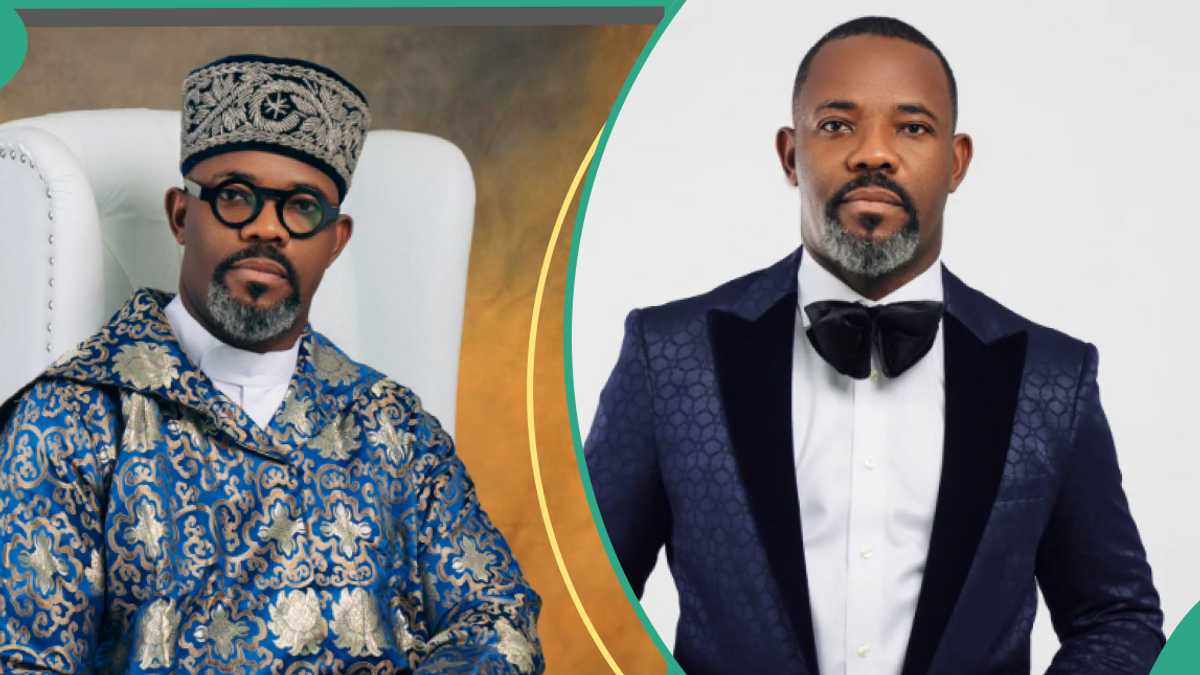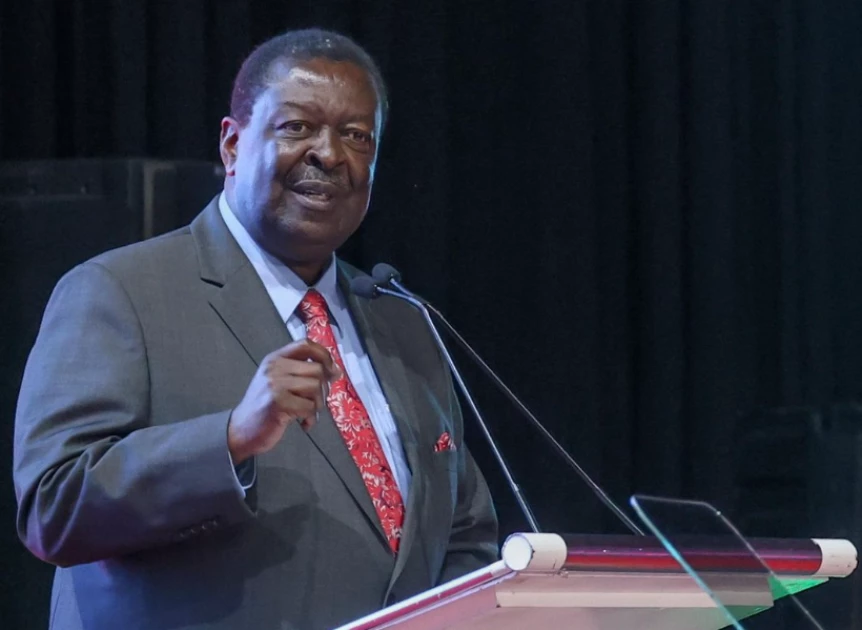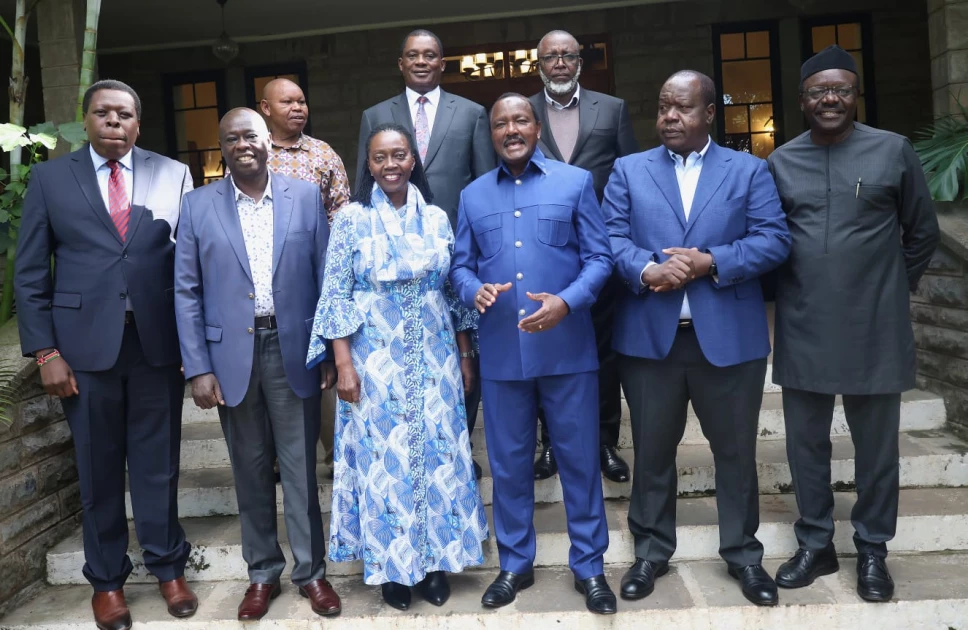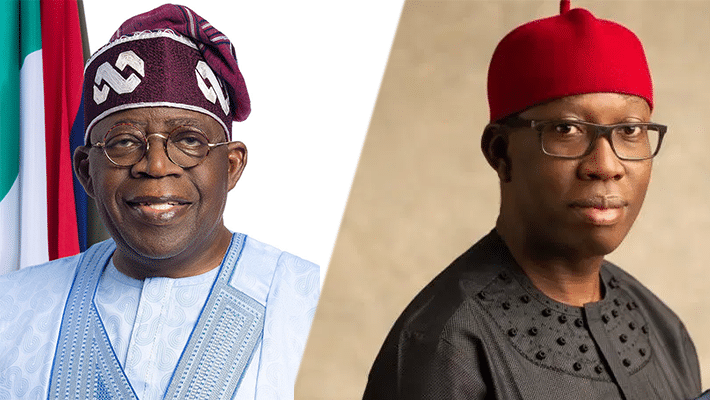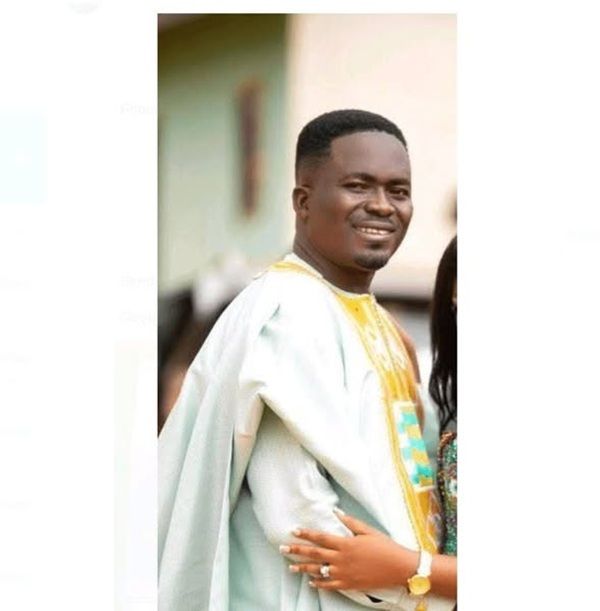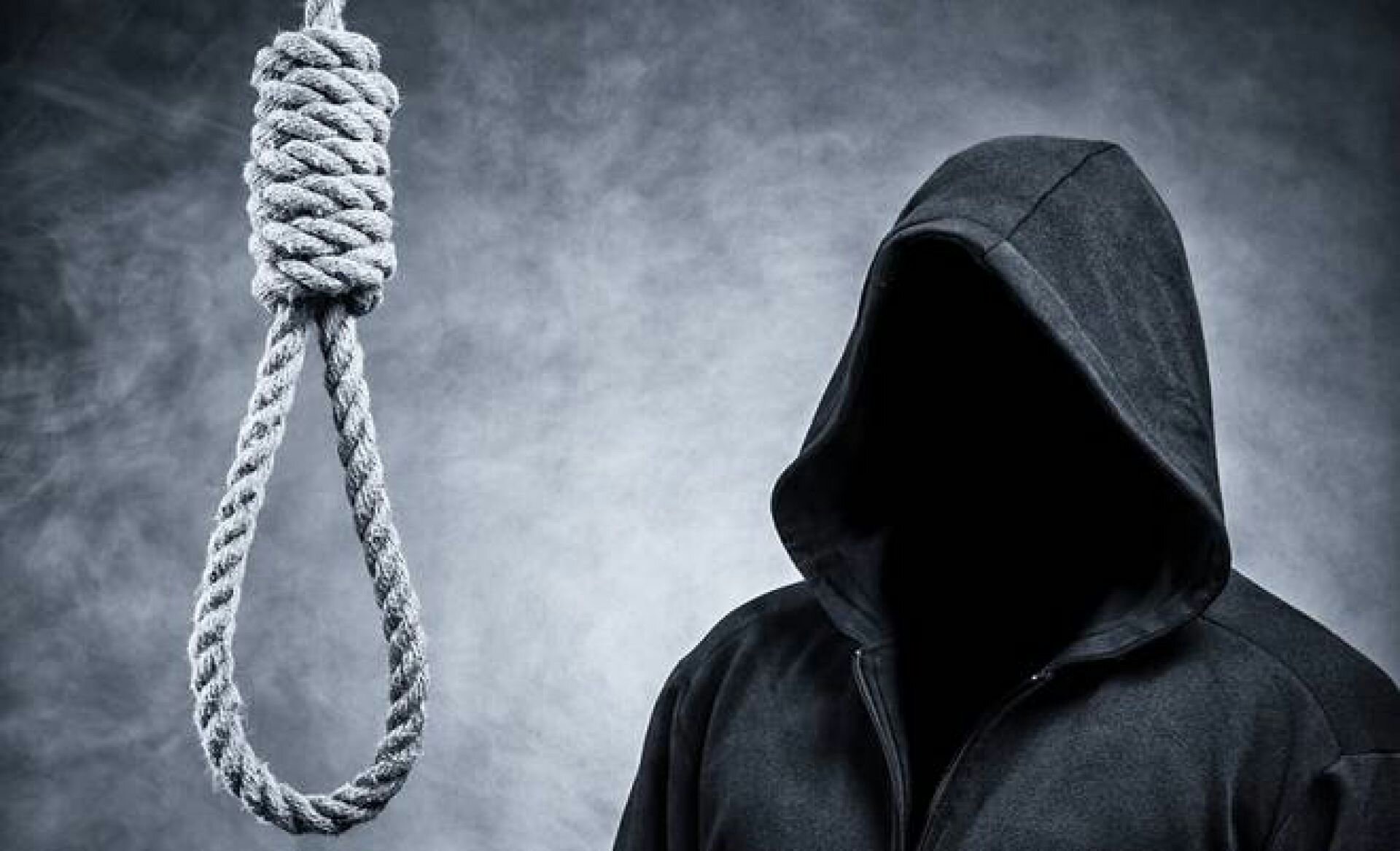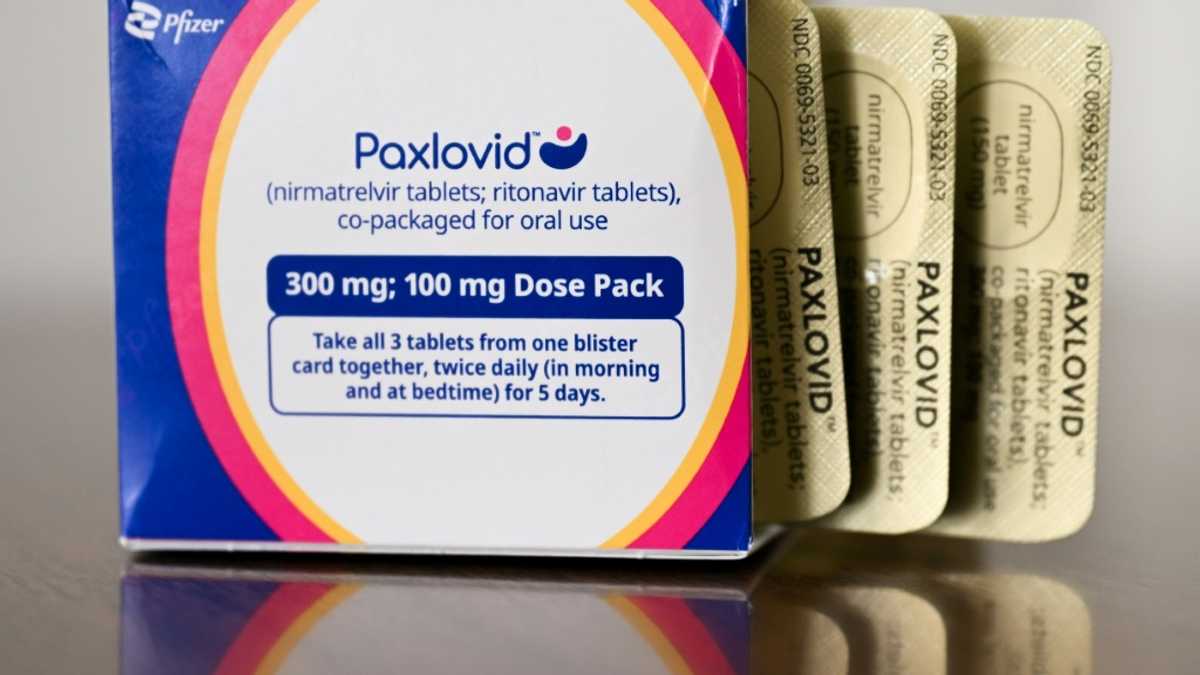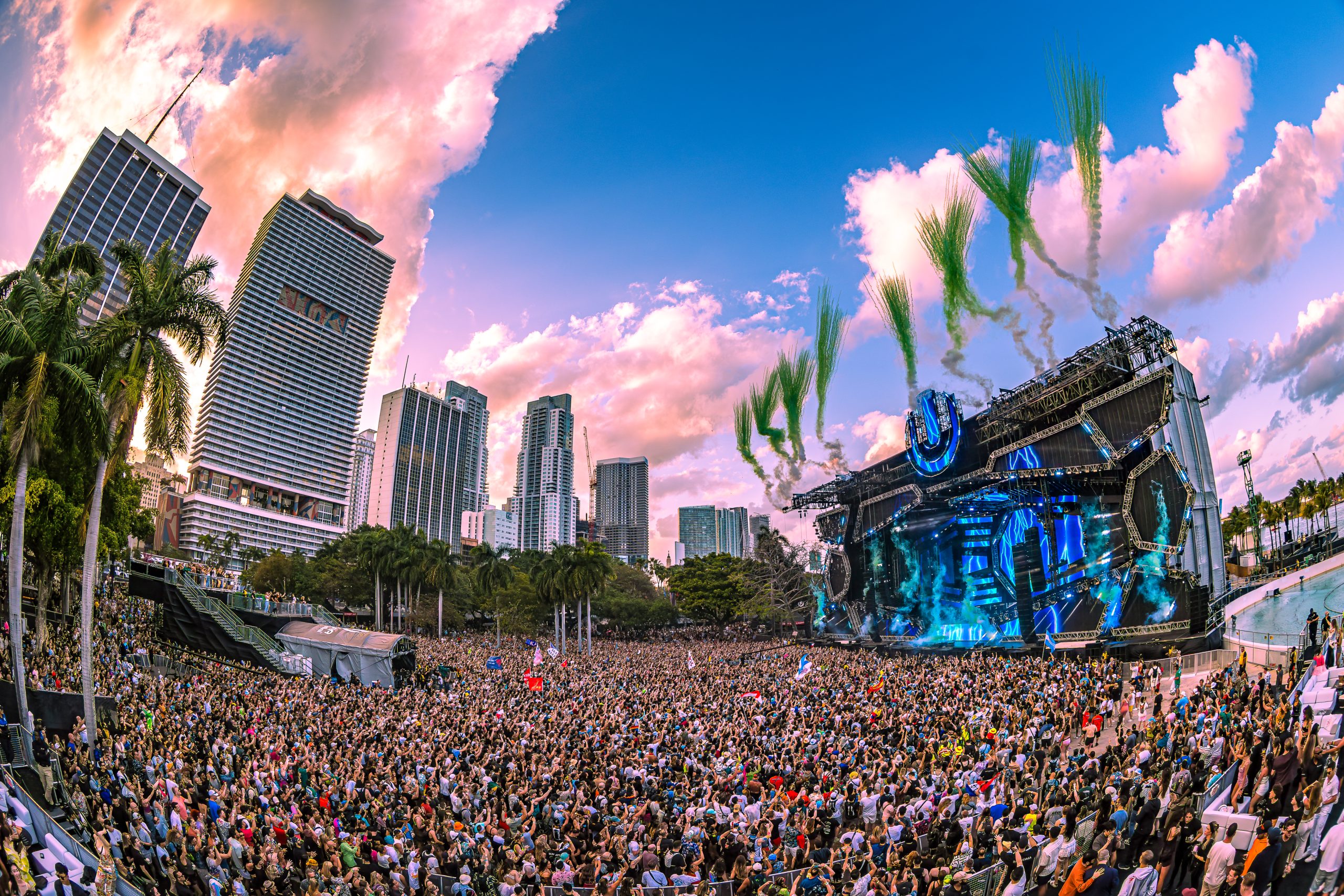Carl Cox Talks His Evolution Set At Ultra Music Festival
Carl Cox performs at Ultra Music festival 2025.
Alive CoverageCarl Cox: a name synonymous with dance music. As one of the industry’s most legendary producers, it wouldn’t be fair to categorize him into one genre, which many people do nowadays by saying he is a techno artist. Cox is not only a veteran of acid house, but he has also spun drum’n’bass, hardcore, soul and even trance—a genre he was said to perform during his F.A.C.T. days. But no matter what genre you say Cox is, one thing is for certain: he is an Ultra Music Festival mainstay.
The festival, which took place this past weekend from March 28 to March 30, has been a home for Cox for the last 25 years. The tastemaker has been integral since Ultra’s beginnings with his own stage, which now takes place at the festival’s MegaStructure. His curated stage hosts some of the top names in the underground, with this year’s lineup including Charlotte de Witte, Adam Beyer, Richie Hawtin, Four Tet, Solomun, Miss Monique and, of course, Cox himself.
This year, Cox had something special for festival attendees—something few producers are capable of doing. His set used a combination of hardware and software to create and manipulate sounds in real time. This performance, dubbed Evolution, differs from his DJ sets and Hybrid performances. While his Hybrid sets, which are impressive in their own rights, are a combination of him DJing and using electronic components, his Evolution performance is a live set with no DJing whatsoever.
Here, Cox took the time to share with Forbes the inspiration behind his Evolution set for Ultra, his partnership with the festival, the advice he would give his younger self and more.
“Passion, emotion, energy.”
“Anything can go wrong at any moment. Any of the components can go down. It's not like a live band. This is like electronic music being performed by all these electronics. So as you know, anything can happen at any moment with this, but I have been doing electronic performances since 1990, 1991.
“When you are DJing, you are literally choosing other people's music, and you might have made some of your music on your own, you introduce and you play those. But when you're doing live electronic performances, it's everything that you've created, everything that you've made or that's in your mind's eye that you want people to listen to. So it's literally like having someone, a band making their album and then touring that album, because you've made that sound and that music for people to get connected with who you are as an individual.
“It's the reason why I'm doing this live and stepping out of the realms of being a DJ and into the realms of being an electronic live performance performer. And this is what I've been since 2020 to now, today, so nearly five years in doing this in and out. The Hybrid set was a combination between utilizing me being a DJ and then using electronic components to enhance my music outside of the realm of DJ, and the live is an absolutely electronic performance and no DJing aspects in that whatsoever—apart from how I actually mix these together, which is obviously my superpower, but it's out there as another level.”
Carl Cox performs at Ultra in 2007.
Ultra Music Festival“I think what's been really amazing with Ultra, in fact, right at the beginning, they gave me carte blanche on creating a festival within a festival. So I could have just been a headline artist and just played main stage for them, but that would've been too easy for me. I wanted to be able to have the ability to have people see another side of electronic music that could be seen under one roof or another side of the festival that you may not get to see. So I was the catalyst of being able to curate an area where you would hear different music, different sounds, different DJs play outside of the main stage area, which then became a very popular area for me, of course, and built on that premise. Ultra gave me the carte blanche to be able to exercise that because they weren't in a position to do that themselves because they were concentrating so much on the main stage.
“So main stage may have been major DJs who may have major pull, so they were really concentrating on that. But I've always said that the underground feeds the overground. So you need to have something of which people come in as an experience before you go run straight to the main stage, to hear all your hit records or all your favorite tunes, because the foundations of what we are doing has always come from the underground perspective. I wanted to represent that at Ultra and have people understand that maybe once you've gotten cultured into the main stage and you want to find out more about music, then you'll come over to see me based on what I curated in the sense of the DJs and the sound to have an experience of that.”
“It's kind of difficult to pinpoint what underground is because people have so many different perspectives on what the underground is, but most of the time, if you listen to someone like Richie Hawtin, for instance, he has always be the purveyor of underground music. So I would say if people really want to understand what the underground is, it'd be best to listen to someone like Richie Hawtin to get a perspective on that. Not one particular track.”
Kocay: I read that you started your Playground camp as a way to celebrate Burning Man and its culture. In one sentence, what do you love most about Burning Man’s culture?
Cox: “The creativity. There's so much creativity there. That was the thing that blew me away when I first went to Burning Man. Burning Man had been calling me to go for many, many years, and I thought, ‘No, I'm not going, too dusty, too far away, not at the right time.’ And then one day, I decided that I was going to go and just see it for myself. But when I got there, I just saw so much creativity. It's just incredible that people have such great ideas of what represents who they are, and you can see that in abundance when you go to Burning Man.”
Carl Cox performs at Ultra in 2011.
Ultra Music FestivalKocay: That makes sense. I've been dying to go. Everyone I know says it's, like, life-changing, so hopefully, I make it one day soon.
Cox: “I hope so because at the moment, Burning Man is under threat based on finances. If this happens, it may not happen again. So, I hope they can pull it together because I love it. I've been going now for the last 15 years, and I can't see myself not missing a Burning Man ever again in my lifetime. But I found it life-changing when I went there. I want to be able to be a part of the community. I would like to be able to support and to basically give back in some ways to people's creativity of being in there with my music and sharing the love of music. That's the only reason why I'm there.”
Kocay: Can you talk about the most exciting aspects of Carl Cox Motorsports?
Cox: “Carl Motorsports is built up on the premise of what I do as an individual for my drag racing efforts. I also race circuit cars, historic racing cars like Mustangs and Camaros and these kinds of cars. [I also do] hill climb racing as well. But Carl Motorsports also supports women in racing, for whether they're in sidecar racing [or] whether they are on solo bikes. We have two girls from New Zealand who were racing for me in the World Series this year.
“I'm very big supporter of road racing in Europe, in the shape of a guy called Michael Dunlop from the Dunlop Dynasty, who is an incredible racer, and also other people that I also support as well in that field of motor sports.
“I've always been into cars. I've always been into racing. I have always been into the idea of being involved in motor sports in some way but also laying down the foundation of what I actually do as an individual. People can see that I love cars. I'm a petrol head. I love speed. I love the energy of that.”
Carl Cox performs at Ultra 2016.
Alive CoverageKocay: If you could go back in time to when you first started making music and give yourself one piece of advice, what would it be?
Cox: “I probably wouldn't change a thing. Life is full of decisions, and they could be good ones and bad ones. You just don't know until you make them. I had such an amazing time at school with my friends and making friends with my music. The way how I came through the music, the way how I danced to the music and how I was exposed to it—what I wanted to find out more about that, listening to radio shows and going to record stores and finding all this vinyl. It's to working in a record store, to going out and performing in pubs and clubs and events all over the end. Curating an event and doing so much in my growing up.
“And at the same time, I was at school racing and riding push bikes and staying out late, going to nightclubs [and] eventually all this sort of stuff. I can't see myself going back and saying, ‘I shouldn't have done that,’ because I think as a kid growing up, you should do that. So you learn about the aspects of what you did right or what you did wrong to learn by it and then to use that knowledge to make yourself a better person. It's kind of weird because I would like to go back and say, ‘Okay, I shouldn't be eating Kentucky fried chicken,’ but I should eat Kentucky fried chicken because it's delicious.
“I think you should go for all these things just so you learn and understand what you like and what you don't like in life. So I would say that I would not absolutely change a thing about my upbringing and what I did in life because I think I had a really great opportunity to know who I am as a person. I think when you learn so much in life, that's what makes you who you are.”
